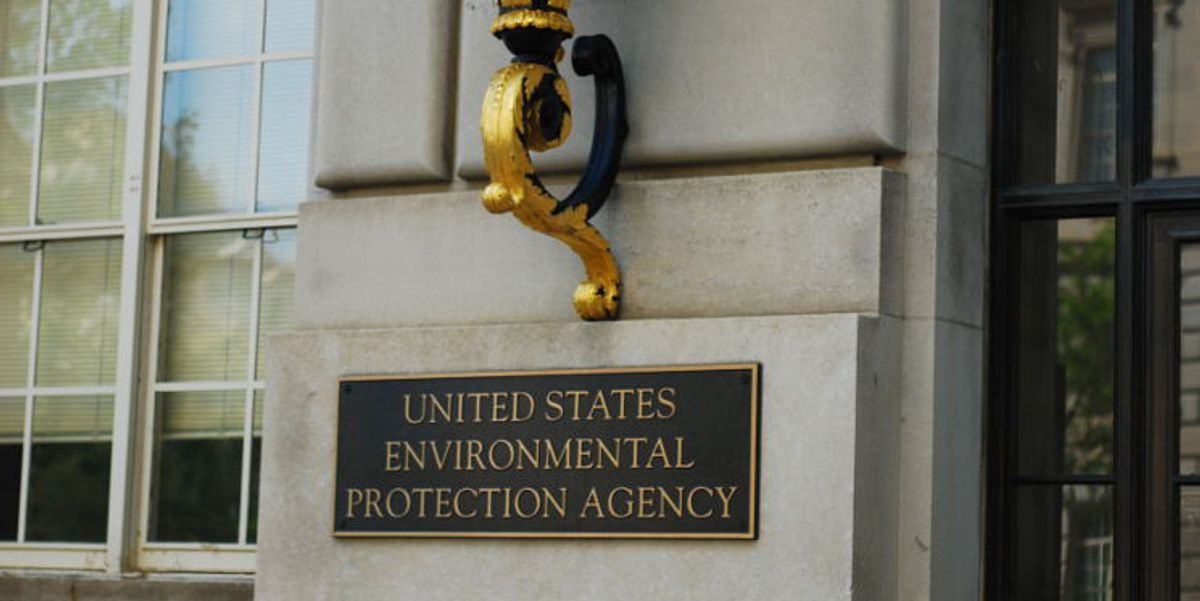
Senate spending bill would cut EPA program that assesses chemical risks
An appropriations bill released yesterday calls for elimination of the Integrated Risk Information System as part of an overall $150 million cut to EPA funding
The Senate Appropriations Committee on Monday released a spending bill that would kill a U.S. Environmental Protection Agency program that evaluates the potential health risks to people from chemicals found in the environment.
The bill, which lays out the Senate recommendations for the 2018 budgets of the Department of the Interior and multiple environmental agencies, would cut the EPA's budget by about $150 million and roll the chemical testing program—the Integrated Risk Information System (IRIS)—into the Toxic Substances Control Act (TSCA).
The IRIS program has been around since 1985 and its science on the toxicity of chemicals is used at state and local health agencies as well as internationally.
In releasing the bill, Senator Lisa Murkowski (R-Alaska), chairperson of the Senate Interior Appropriations Subcommittee, said it ensures the "health, well-being, and safety of the American people."
GOP Senate appropriators cut EPA's core clean air, clean water & enforcement budgets by 10%; kill IRIS toxic chemicals program; & abolish nearly all climate change funding. https://t.co/ddTtCGzKrl
— John Walke (@jwalkenrdc) November 20, 2017
But Democratic members of the Senate voiced concern with the proposed cuts to the EPA, including the cut to IRIS, saying TSCA was "not designed to accommodate the breadth of the IRIS program's responsibilities."
U.S. Senator Tom Udall (D-N.M.), Ranking Member of the Subcommittee on the Interior, Environment, and Related Agencies, commended the budget for not taking the drastic cuts originally proposed by President Trump. However, in a statement he said he couldn't "look past the deep and damaging cuts to the EPA budget in this bill that put public health at risk."
"And I can't ignore that it takes aim at the laws that protect our environment and our communities," he added.
In addition to IRIS cuts, Democrats said the bill could spur more staffing cuts at the EPA, leaving the agency tasked with protecting environmental health with fewer scientists and public health experts, and pointed out it "endorses the President's request to eliminate nearly all of the agency's climate change programs."
U.S. Senator Patrick Leahy (D-Vt.), Vice Chairman of the Senate Appropriations Committee, said the bill "bowed to the anti-science know-nothingism of President Trump by slashing environmental programs and denying the reality of climate change."
Across all agencies, the Senate bill represents a $250 million cut to 2017 funding levels but still $4.83 billion more than President Trump's budget request.
The federal government is currently on a short-term budget that will expire next month. The proposed cuts to the EPA under the Senate bill were less than those proposed under a House plan, which sought to cut the agency's budget by $528 million. President Trump proposed cutting the EPA budget by $3.6 billion.
Under the Senate bill, other departments—such as the Bureau of Land Management, U.S. Fish and Wildlife Service and Office of Surface Mining—would also take cuts.













